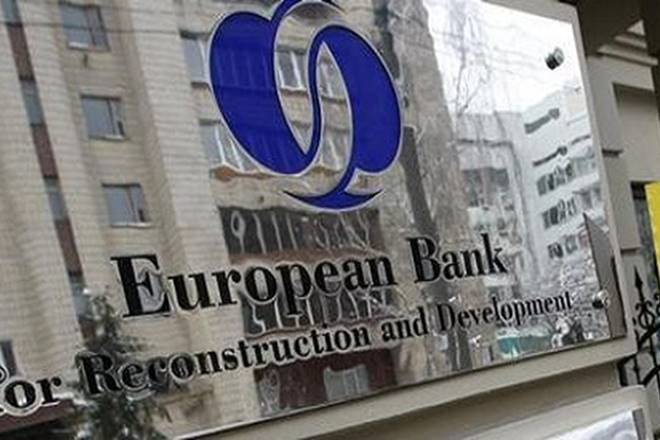Reuters
Business News
by Marc Jones, Sujata Rao
The European Bank for Reconstruction and Development is eyeing a new wave of expansion into sub-Saharan Africa and new parts of the Middle East in the coming years that could raise its lending by as much as a third, its president told Reuters.
Set up in 1991 to invest in the ex-communist economies of eastern Europe and owned mainly by big Western governments, the EBRD has been rapidly expanding over the last decade to operate in more than 30 countries from Morocco to Mongolia.
But with capital still abundant, the bank is looking to advance further south and plans to get the ball rolling when its shareholders gather in Jordan next month for their annual meeting.
Suma Chakrabarti, who has led the EBRD for six years, said there would no decision made at the upcoming meeting on the expansion but said he aimed to kick off the discussion.
“The debate is starting with our shareholders: ‘Would you like us, gradually, incrementally to go to a few more places maybe in sub-Saharan Africa in particular?’” Chakrabarti said in an interview.
New countries of operation would have to be democracies or at least committed to becoming a democracy, and they must also aim for the kind of market-based economies that the development bank has always focused its efforts on.
“I would be surprised if we didn’t get some positive noises because there are quite a lot of countries who have very strong commercial links into the neighboring countries of the Maghreb and Sahel,” Chakrabarti said, referring to the area from the top of Africa to the bottom of the Sahara desert.
If shareholders give the nod next month, it would take around a year of analysis on what would be required financially, he added. If that all works out, the final green light could then be given at its 2020 annual meeting.
The move would represent the latest evolution from the EBRD’s post-Soviet era roots and come as Cold War-style tensions between the EBRD’s main Western shareholders and Russia — for a long time the bank’s largest market — are rising.
Having already stopped new investments in Russia in 2014, Chakrabarti said there was no talk of any further punitive measures following the recent ratcheting up of U.S. sanctions.
The bank has no exposure to any of the entities targeted by the latest sanctions, he added.
The plan to move deeper into Africa meanwhile could dovetail with going into more countries in the north of the continent such as Algeria, or in the Middle East such as Iraq or Libya.
The overall expansion could see its annual lending jump by almost a third from around 9.5 billion euros ($11.7 billion) at the moment.
“On a rough calculation, our finance people reckon we could probably get up to 10 billion euros in our existing region over the next couple of years.”
“Then they calculate that given our capital base… we could probably get to something like 12.5 to 13 billion euros of lending a year so that is another 2.5 to 3 billion euros of fire power.”
TRANSITION GAPS
Another motivation for expansion was also to reduce concentration risks, he said. The bulk of EBRD investment currently goes into five countries, led by Turkey, Egypt and Ukraine, all of which have economic and political challenges.
The EBRD wants to make more policy impact in the countries where it operates but at the moment even in its traditional heartlands like Hungary and Poland attitudes are shifting away from its principles.
“If we were to look at a range of out countries and not just the big ones like Turkey, Egypt, Hungary and Poland, I think there are undoubtedly issues over applying democratic principles,” Chakrabarti said.
In Turkey for instance, EBRD lending volumes dropped last year, not necessarily due to a deliberate decision but because the private sector investors the bank teams up with are becoming warier.
It was implementing as few state company projects as possible in Egypt where President Abdel Fattah al-Sisi was re-elected this month with 97 percent of votes after the main opposition candidates pulled out citing intimidation.
Lending in Hungary, where right-wing populist Viktor Orban just won a third term on a wave of anti-EU sentiment, remains minimal, while in Poland investments also dropped significantly last year.
“I can convey the concerns that shareholders feel, that is part of my job. To do these things in private.”
“But you cannot expect an institution like the EBRD on its own to solve this issue. It is bigger than us.”
(This refiled version of the story removes extraneous quote marks in paragraph eight.)
Reporting by Marc Jones and Sujata Rao; Editing by Hugh Lawson







